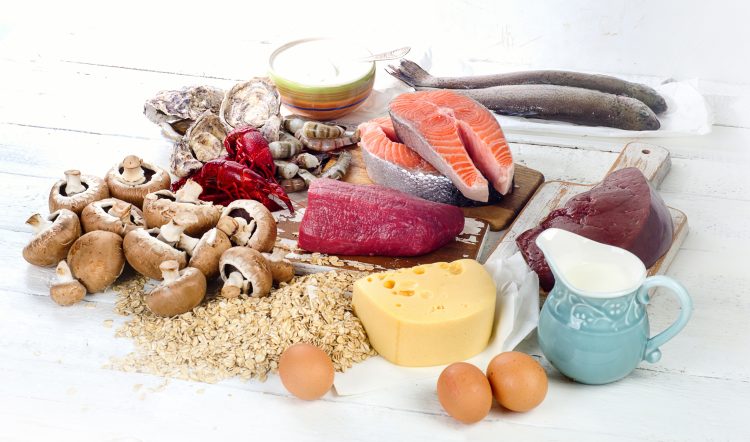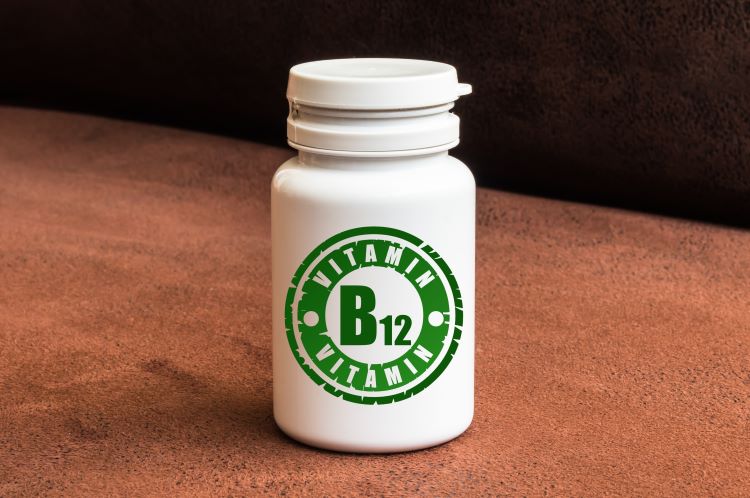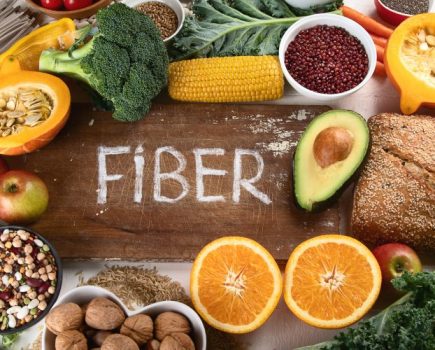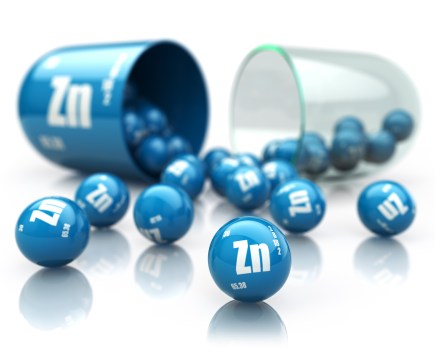It’s a vitamin we know we need, but do we know why we need it – or when? These are the health benefits of vitamin B12.
You might be clued up on supplementing for muscle growth, but does your knowledge stretch to the rest of your body, too? Our bodies can’t produce vitamin B12, or cobalamin, but it’s an essential nutrient which helps the body produce DNA. Found in some of the best pre-workouts, it performs other essential functions, too, including providing nourishment for the brain and nervous system, as well as our bones.
“Vitamin B12 plays a key role in red blood cell formation, nerve function and brain development, as well as and DNA synthesis, so it’s no doubt essential to a healthy human body,” says nutritionist Milda Zolubaite.
The health benefits of vitamin B12
Like iron’s health benefits, vitamin B12 assists with the formation of healthy blood cells, protecting against anemia.
It also plays a role in the production of serotonin – otherwise known as the ‘happy chemical’ – so may help to regulate our energy levels and moods. A vitamin B12 deficiency may therefore be connected to clinical depression.
Vitamin B12 is thought to help protect against macular degeneration, an eye disease that can cause blindness in older adults. It is an essential nutrient for neurons in the brain, so may also protect against dementia.
Try Healthspan vitamin B12 tablets

Do you need to take vitamin B12 supplements?
Eating a healthy, balanced diet should give us all the vitamin B12 we need. However, not all of us manage to, which is where the best vitamin B12 supplements can be useful.
“Since vitamin B12 is almost exclusively found in animal products, vegans need to supplement to ensure their vitamin B12 status is supporting their health,” says Zolubaite.
Our ability to absorb vitamin B12 decreases with age, which means for men over 50 it’s worth talking to a medical professional or nutritionist about taking supplements.
Older adults can also develop atrophic gastritis or pernicious anemia. Both are conditions that limit the body’s ability to absorb vitamin B12 from foods and would require the use of supplements.
How much vitamin B12 do you need?
“Most adults need between 1.5 mcg and 3.0 mcg per day. It can be found in animal products such as meat, fish, eggs, milk, cheese and yogurt,” advises Zolubaite. “Vitamin B12 can also be found in some fortified foods such as cereals, breads and juices.”






